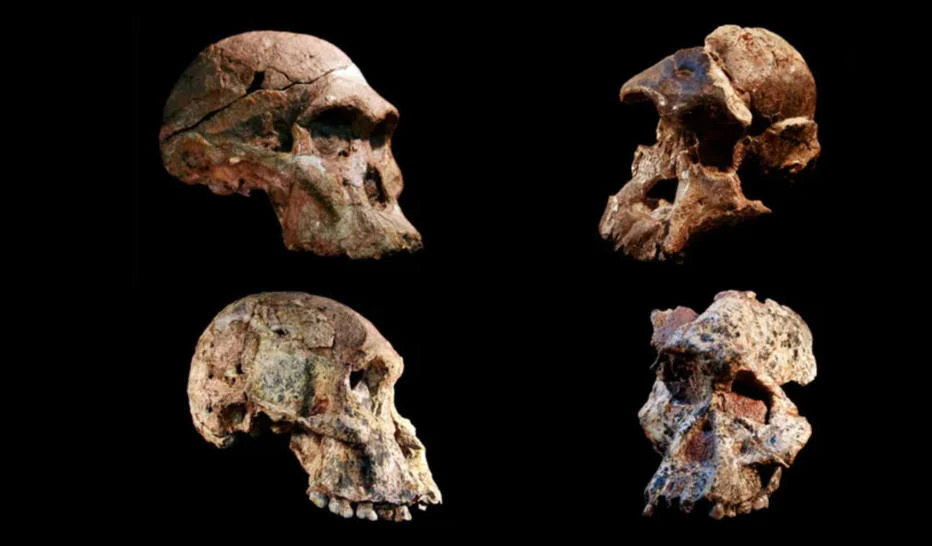Fossils of ancient human ancestors were discovered nearly a century ago in a cave South Africa A million years older than previously thought, testifies to a new study published this week in PNAS. New dating changes schedule for humanity.
New analysis of fossils found in the Sterkfontein Caves in Johannesburg, revealed that their ages ranged between 3.4 and 3.6 million years. The discovery indicates that humans were already in Southern Africa at the same time that they also roamed East Africa – the case of Lucy, the 3.2 million-year-old Australopithecine, considered the oldest ever, discovered in Ethiopia in 1974. Sometime Now, East Africa has been considered the most ancient place of origin for modern humans. The new study reignites the debate.
Caves
Hundreds of Australopithecine fossils have been found in the Sterkfontein Caves. a Archaeological site Considered a World Heritage Site by the United Nations Educational, Scientific and Cultural Organization (UNESCO), known as the “cradle of humanity”. In this place, which has been explored since 1936, the first adult fossils of australopithecines were found. Among them are mrs. Bliss and Littlefoot.
The caves contain more Australopithecine fossils than any other known site, according to Daryl Granger of Purdue University, lead author of the new study. However, he says, it is difficult to get a good date for the fossilized bones of human ancestors, precisely because “they are much older than we originally imagined.”
Measure
This time, the researchers were able to measure the decrease in the levels of radioactivity of some rare isotopes in rocks buried in the same geological layers as the fossils. Previously, fossils were dated based on calcite deposits – a less precise technique. Apparently, these deposits were formed after the fossilization of the bones.
Importance
The new dating of the fossils helps scientists understand how and where modern humans originated, how they adapted to prevailing ecosystems and who are their closest relatives. “This new dating proves that some of the most interesting fossils in human evolution, including one of Africa’s most famous fossils, Mrs. Ples, is a million years older; said researcher Dominic Stratford, director of cave research and one of the authors of the new study,” That is, from the same time period as another iconic fossil, Lucy.”

“Wannabe internet buff. Future teen idol. Hardcore zombie guru. Gamer. Avid creator. Entrepreneur. Bacon ninja.”

